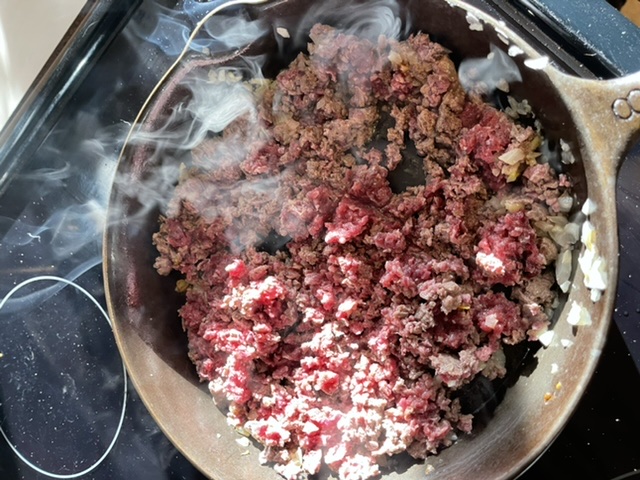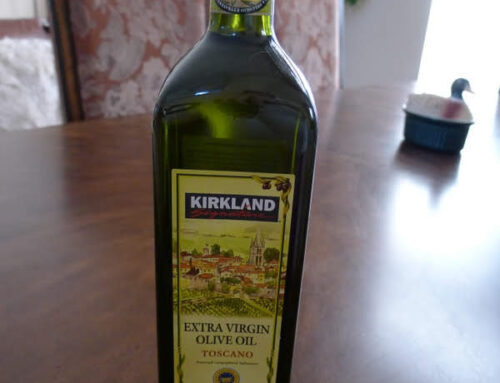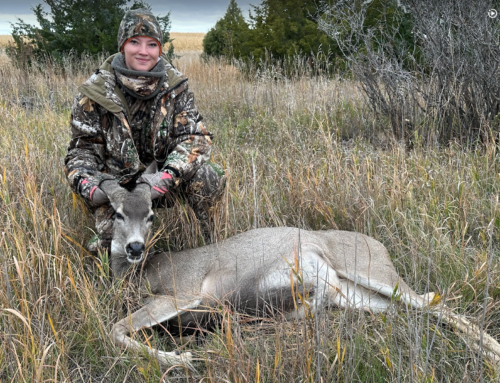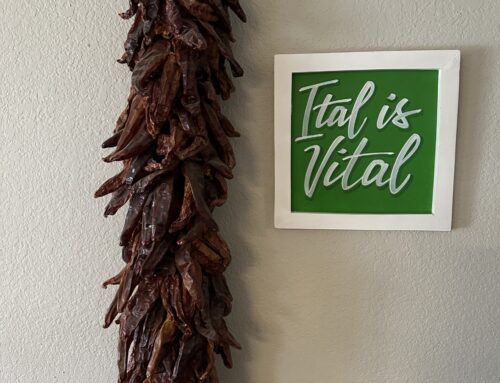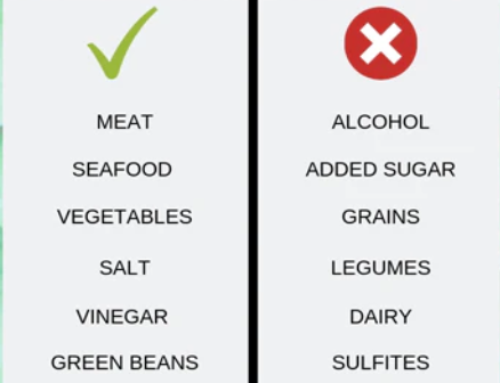I just had a really interesting conversation with one of the most respected cardiologists in the nation. He was saying that recent studies have shown that feed-lot raised beef is inflammatory and high in fat. Whereas pasture beef is not high in fat and not inflammatory. And wild game meats have even more health benefits when compared to meats from domesticated or farm-raised animals. Examples of wild game include venison, bison, rabbit and elk. The fact that wild game animals eat their natural diet and are very active in the wild contributes to the lower fat content of the meat. Additionally, eating greens in the wild contributes to a lower content of pro-inflammatory omega-6 fatty acids and a higher content of anti-inflammatory omega-3 fatty acids. Furthermore, wild game meat is a good source of protein and minerals such as iron and zinc. So, in fact, wild game has good fat and is anti-inflammatory.
A recent article over at https://www.livestrong.com/article/349448-what-are-the-health-benefits-of-wild-game/ also echoed the same:
Low Fat Content
Wild game meats tend to have a lower fat content, as animals tend to be more active in the wild. Additionally, wild game eat a natural diet as opposed to grain or corn, which is often fed to domesticated animals, contributing to an increased fat content of non-game meat.
Lower Omega-6 Fatty Acids
The feeding of corn and grain to farm animals not only increases the total fat content but also the omega-6 fatty acid content. According to the Linus Pauling Institute, omega-6 fatty acids increase markers of inflammation in the body. Chronic inflammation is associated with health conditions including obesity, diabetes, cancer and rheumatoid arthritis. Wild animals eat more grass, green leaves and plants than their domesticated counterparts, which leads to leaner meat with lower omega-6 fatty acid content.
Higher Omega-3 Fatty Acids
According to the “Encyclopedia of Healing Foods,” wild game meat, such as venison, has a higher omega-3 fatty acids content as compared to corn- or grain-fed beef. Grass-fed beef or bison has similar increased omega-3 fatty acid content.
Lean Protein
Wild game meats are good sources of lean protein. For example, a 3-oz. serving of venison provides 22 g of protein, while a 3-oz. serving of bison has 24 g of protein.
Iron and Zinc Benefits
Similar to meat from animals raised on a farm, wild game meats are good sources of the minerals iron and zinc. Iron is necessary to prevent iron-deficiency anemia. Menstruating women have an increased risk for iron deficiency. Zinc functions as an antioxidant and is important for immune system function and digestion.
And our friends over at https://medium.com/beingwell/weganism-veganism-with-a-wild-game-twist-ef8e8a2f09d9 \explain how you can apply this hunter gatherer methods with veganism trends to get the best of everything.

